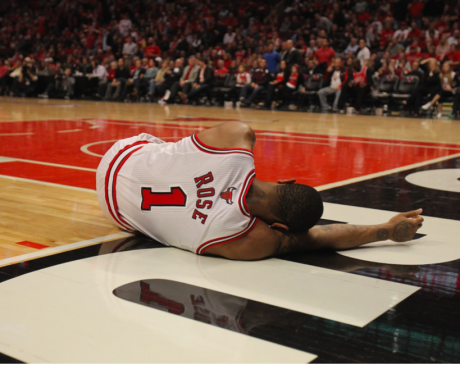The Downfall of the Mavericks
The Background
Kyrie Irving, an eight-time NBA All-Star and one of the league’s most dazzling offensive talents, was having a strong 2024–25 season with the Dallas Mavericks. Irving is known for his elite ball-handling, scoring versatility, and clutch performance. He had developed seamless chemistry with Luka Dončić before the Lakers Mavericks trade, and had formed one of the NBA’s most feared backcourts.
Irving was averaging 25.1 points, 5.3 assists, and 4.4 rebounds per game on efficient shooting splits, helping keep the Mavericks competitive in a stacked Western Conference. His leadership and championship experience were crucial to Dallas’s playoff hopes. But as the postseason neared, disaster struck.
The Injury
On March 3, 2025, during a game against the Sacramento Kings, Kyrie Irving landed awkwardly after stepping on a defender’s foot while driving to the basket. Though visibly in pain, he stunned fans and teammates by staying in the game long enough to shoot two free throws and made both before exiting.
What initially seemed like a possible sprain turned out to be much worse. After extensive evaluation, the Mavericks medical staff revealed that Irving had suffered a torn ACL in his left knee.
ACL injuries are among the most serious in basketball, often requiring surgical repair and 9–12 months of recovery time. Despite his resilience and high pain tolerance, Irving would be ruled out for the remainder of the 2024–25 season, with surgery scheduled for late March.
Post-Injury
On March 26, 2025, Irving underwent successful surgery to repair the torn ligament. The Mavericks released a statement indicating that the procedure went smoothly and that Kyrie had already begun his rehabilitation process.
Typical recovery from ACL surgery involves:
- Physical therapy focused on knee mobility and strength
- Progressive weight-bearing activities, eventually leading to basketball-specific drills
- Ongoing monitoring to prevent setbacks and ensure full joint stability
Given Irving’s age and injury history, the Mavericks’ medical team will take a cautious, long-term approach. The earliest expected return would be sometime in early 2026, potentially midway through next season.






